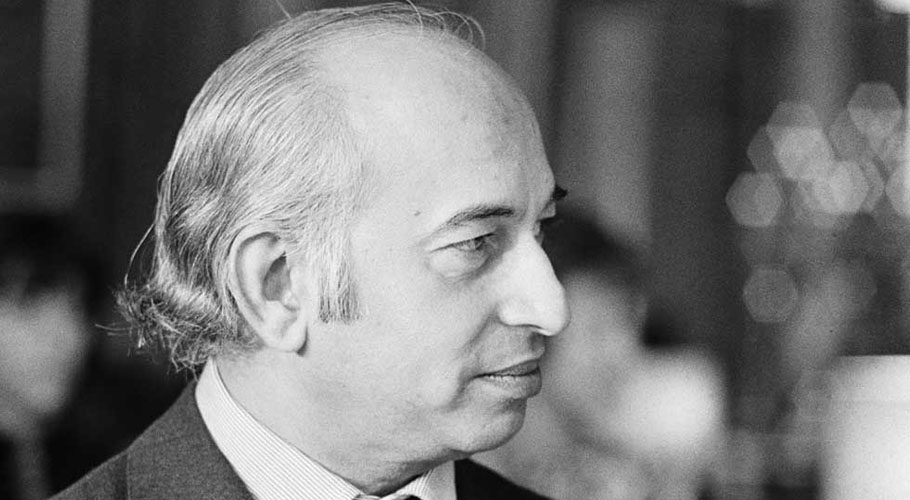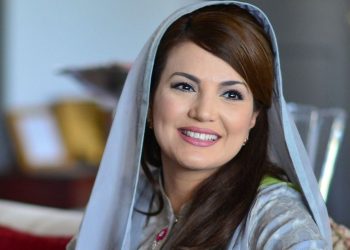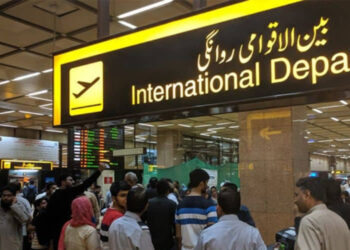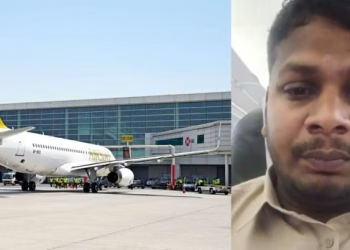April 4 reminds us of the judicial assassination of a truly charismatic and popular leader Zulfikar Ali Bhutto in 1979 – a day that was truly the demise of a voice for humanity.
This year marks 44 years since the judicial killing of the founder of the Pakistan People’s Party, Zulfikar Ali Bhutto. He was a great charismatic public leader in the history of Pakistan who gave lessons of peace and humanity to the rest of the world and gave voice to the deprived people of the country and makes powerful them stand for their rights.
History will neither absolve nor forget the assassination of a leader who wanted to make an oppressed nation progressive and peaceful, take us in the direction of national integrity, and make Pakistan the first Muslim atomic power in the world.
Let us take a look at the various aspects of Zulfikar Ali Bhutto’s personality and politics whose 44th anniversary is being celebrated today.
Early life
He was born in Larkana in the province of Sindh on January 5, 1928. After completing his high school education in Bombay, he proceeded to the University of California at Berkeley from which he graduated in 1950 with a B.A degree in political science. Bhutto continued his education at Oxford, where he studied law.
Political career
In 1957, Zulfikar Ali Bhutto became the youngest member of Pakistan’s delegation to the United Nations. In 1958 Bhutto became the youngest cabinet minister when he was given charge of the Energy ministry by President Field Marshal Ayub Khan.
In 1960, he was subsequently promoted to minister of the Commerce Ministry, and Ministry of Information and Industry Ministry. Bhutto aided Ayub Khan in negotiating the Indus Water Treaty in India in 1960.
In 1961, Bhutto negotiated an oil exploration agreement with the Soviet Union, which also agreed to provide economic and technical aid to Pakistan.
Bhutto also became the Foreign Minister of Pakistan in 1963. Bhutto began asserting a foreign policy course for Pakistan that was independent of U.S. influence.
Bhutto also worked to establish stronger relations with the People’s Republic of China. Believing in pan-Islamism, Bhutto developed closer relations with Muslim nations such as Indonesia, Saudi Arabia, and other Arab states.
Formation of PPP and political struggle
Bhutto resigned from the post of foreign minister in 1967. Tapping a wave of anger against Ayub, Bhutto traveled across Pakistan to deliver political speeches.
Bhutto brought power to the people, campaigning in a western style. He promised food, clothing, and shelter. In December 1967 Bhutto formed his political party, the Pakistan People’s Party.
In the 1970’s election, Bhutto refused to accept the victory of the Awami League, leading to a political and sectarian crisis. After the Bangladesh Liberation War, Bhutto took over as president and the first civilian chief martial law administrator of Pakistan.
On the national development side, Bhutto adopted a new constitution for Pakistan. Transferring to the post of prime minister, Bhutto nationalized many industries. Zulfikar Ali Bhutto is also known as the founder of Pakistan’s nuclear weapons programme.
In 1976, nine different parties formed a common platform, called the Pakistan National Alliance (PNA). In January 1977, Prime Minister Bhutto immediately started campaigning after called for new general elections. The PNA was united behind religious slogans.
The PPP, on the other hand, campaigned on a platform of social justice in agriculture and industry. Despite large turnouts at PNA campaign events, the results of the general elections showed the Pakistan Peoples’ Party winning 155 out of 200 seats in the National Assembly and the PNA winning only 36.
The PNA leadership prudently refused to accept the results and accused the Government of systematic rigging. The PNA immediately called for a street boycott, demanded the resignation of Prime Minister Bhutto, and caused severe civil unrest. At least 200 people were killed in the clashes between security forces and demonstrators.
Developing nuclear Program
Pakistan is one of nine states to possess nuclear weapons and has an estimated 150-160 warheads. Pakistan, India and North Korea are the only nuclear states who are not signatories of the Non-Proliferation Treaty (NPT).
Pakistan began developing nuclear weapons in January 1972 under Prime Minister Zulfikar Ali Bhutto. He delegated the program to the Chairman of the Pakistan Atomic Energy Commission (PAEC) Munir Ahmad Khan to have the bomb ready by the end of 1976.
In 1974, Abdul Qadeer Khan was brought from Europe as the PAEC was falling behind schedule and having considerable difficulty producing fissile material. He headed the Kahuta Research Lab (KRL) which marked the beginning of Pakistan’s pursuit of nuclear deterrence capability.
Martial Law and Bhutto’s death
Negotiations with PNA resumed. An agreement was reached on June 8, 1977, for holding fresh elections in October 1977. However, on July 5, 1977, COAS General Zia-ul-Haq imposed Martial Law.
Operation Fair Play was the code name for the military coup defeat conducted on 5 July 1977. Zia-ul-Haq arrested Bhutto and his ministers, as well as other leaders of both the PPP and the PNA.
Zia dissolved the National Assembly of Pakistan and all provincial assemblies suspended the Constitution and imposed martial law. Bhutto and the PPP were persecuted on the charges of murder of political opponents.
Controversial death penalty and execution
Bhutto was re-arrested on September 3, 1977, from Karachi, on the charges of a murder case. Bhutto was arrested on charges of plotting to assassinate Nawab Muhammad Ahmad Khan.
The Supreme Court found Bhutto guilty of murder charges and condemned him to death while rejecting his mercy petition. He was executed on April 4, despite a controversial trial and protest.
History will never forget Bhutto
History will never forget the great personality of Zulfikar Ali Bhutto and he is truly entitled to martyr for the reason of poor people, the sovereignty of the country, and democracy.
Bhutto’s ideology was well-liked throughout the world and he could have saved his life if had compromised with a dictator, which was an impossible impression for a leader of the people. The Nation as well as the Muslim world is still remembering his voice for the supremacy of the country and the promotion of the Muslim cause.
It was true and evident that the enemies of the country planned his elimination after he announced and then refused the rollback of the atomic program despite the several threats and pressures of making him a terrible example.





































